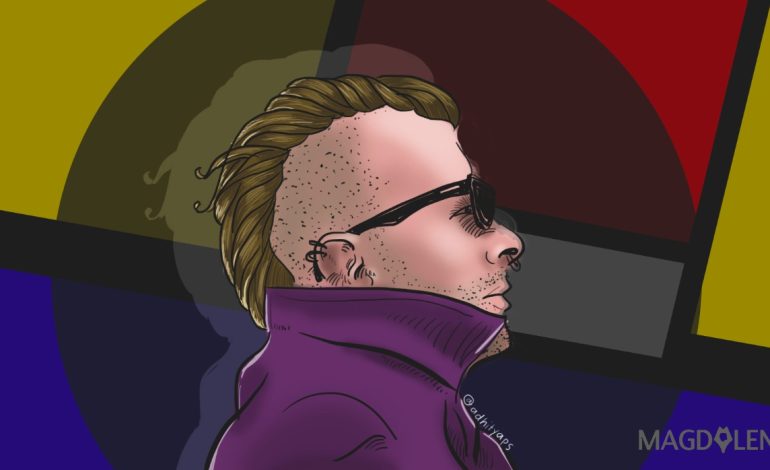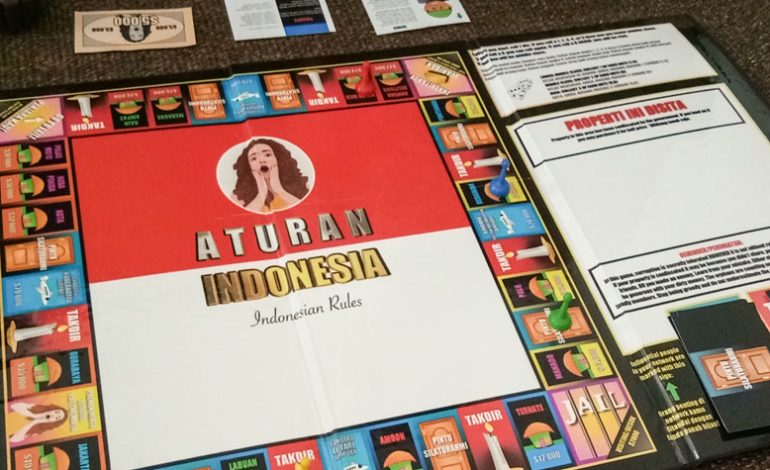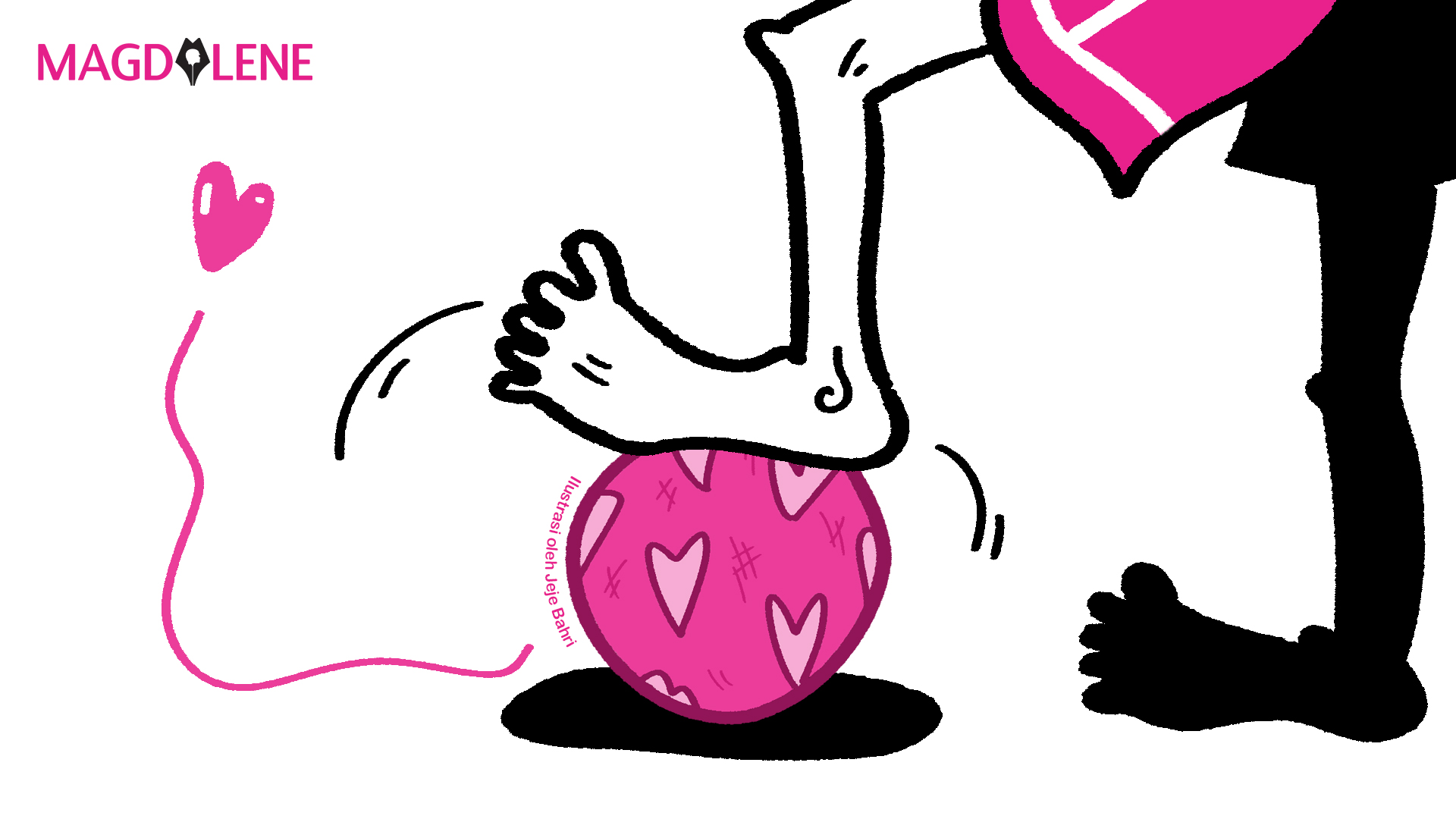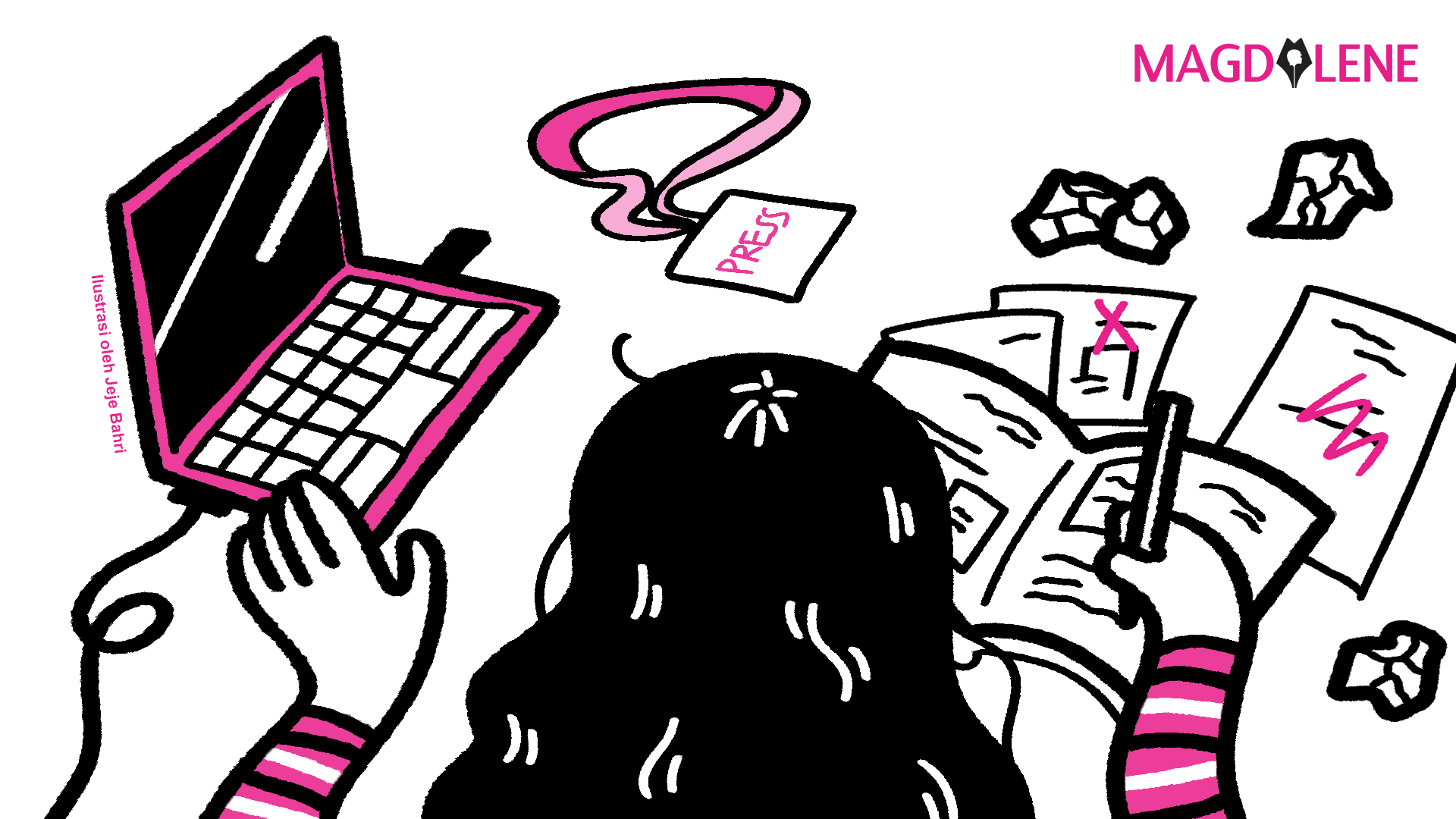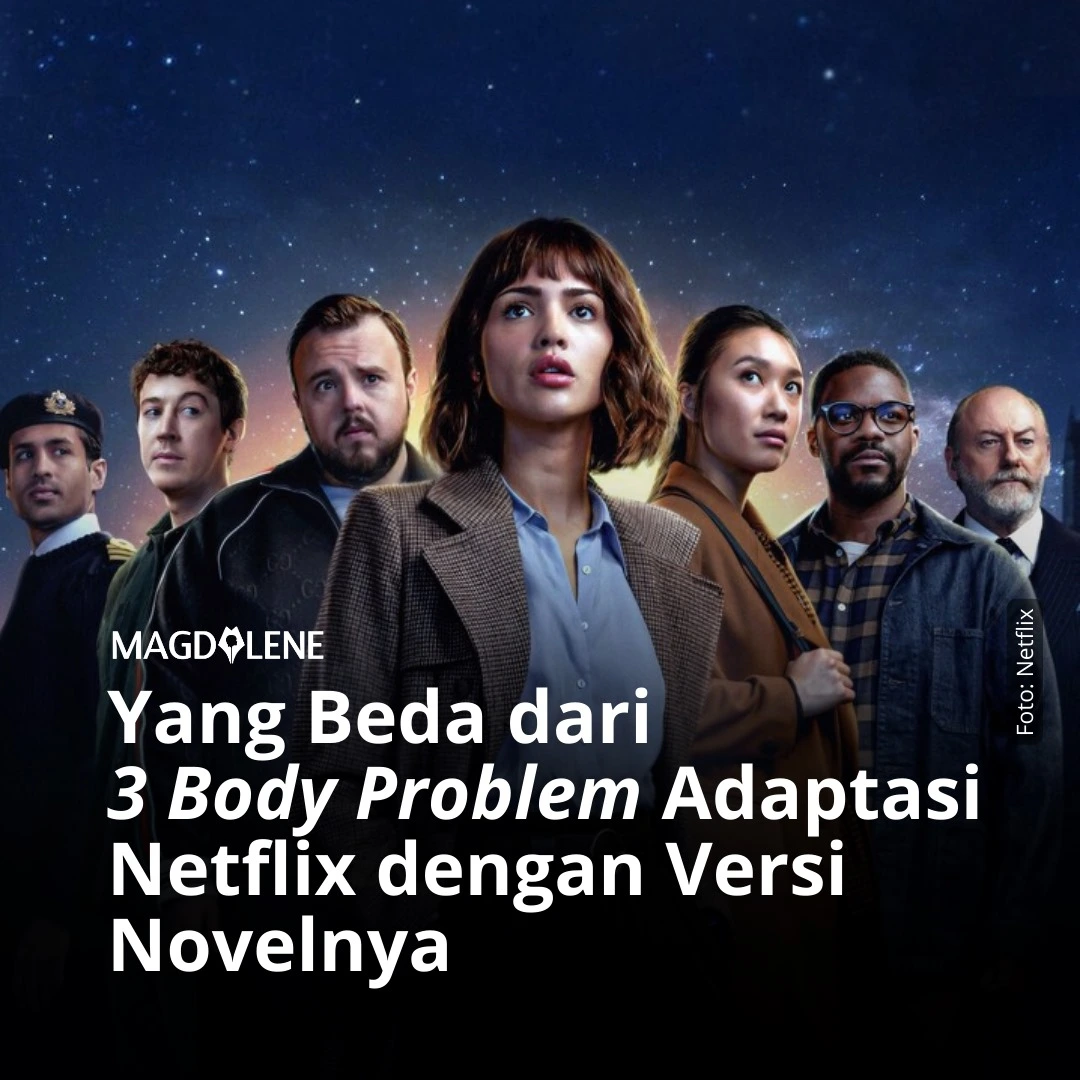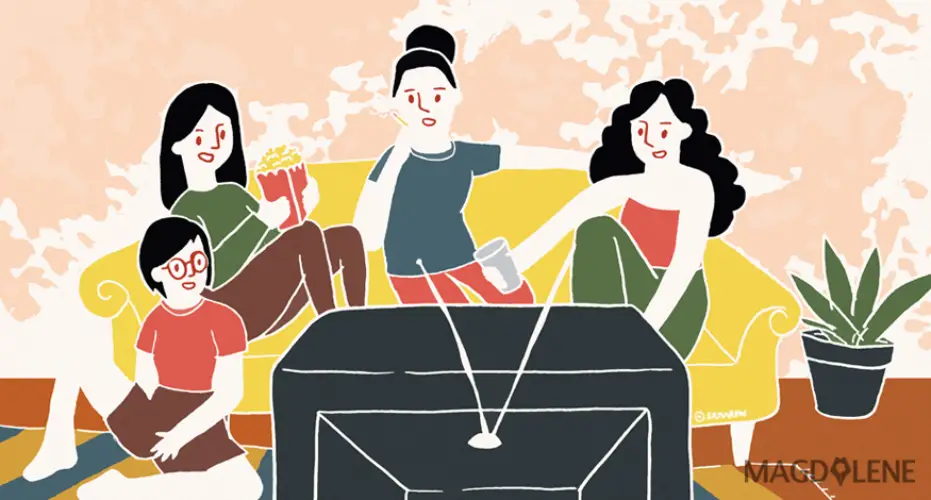The Curious Case of Modern Gay Dating
It can be a lonely and isolating existence to be gay and cognizant of the toxicity that permeates gay culture
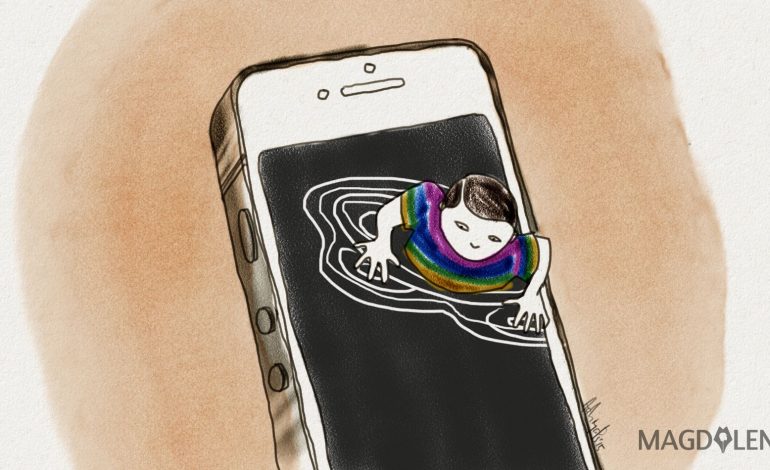
“I’m beginning to think that the concept of mutual attraction is a myth in gay culture.”
Those were the exact words I said to a close friend shortly after his breakup during one of our late-night talks. It had been his first proper relationship (you know, the kind that you made official on Facebook and everyone in your circles knew), and on paper, his ex-boyfriend ticked all of the proverbial boxes: funny, smart, touchy-feely.
Despite his initial reservation, my friend checked in to the room anyway, oblivious to the elephant in it, substituting the lovesick ex who had temporarily moved abroad for a job. Under the condition that it was an open relationship of sorts – meaning that if either of them found someone else that readily catered to his needs and desires, he would be allowed to jump ship – they decided to go for it anyway.
Long story short, my friend did end up meeting someone else. In the spirit of being honest, he relayed this information to the ex, who, suffice to say, did not take it well. It turned out to be a drama-heavy, long-drawn excursion that invited more participants than it should have.
My friend was obviously taken aback and felt terrible about the drama he had involuntarily inflicted, swearing off getting himself into sticky, sex-driven situation or even being in a relationship ever again. It did not help matters that the guy he had caught feelings for was something of a player himself – he, too, had been through the wringer in a previous relationship and decided that he would just be playing the field now. It’s a classic case of the player being played, and my friend, who had thought he was playing the cards right, suddenly had all the cards stacked against him.
When he told me all of this, I started humming Aretha Franklin’s “Chain of Fools” before delivering my soft love sermon. I was sad to see him dejected, but I was all the more sad for the apparent inability among gay guys, especially the younger breed, to just get a relationship right. His was probably the fifth breakup in my gay circle that took place within the space of three months since the first one, and one of these breakups even resulted in the jilted party, another friend of mine, seeking professional help to cope with the end of his affair.
Meanwhile, every other gay guy in my circle also seems to be constantly bemoaning their singlehood and perpetually adamant in their thirst for an older, more established (and preferably white) partner. I would disclose to friends about my interest in dating them and it would be swiftly refused: I’m never going to be the ideal in anyone’s mind and nobody’s going to even give me the chance to strive being the best boyfriend I could possibly be. I can only ever be the token funny friend, the life of the party, the music encyclopedia, but not the desirable partner. One time I asked a friend out and jokingly said “It’s a date!” – which was met with the most puzzling rebuff: “I’m sorry, I’m not ready for a relationship.”
Geez dude, I didn’t ask you to marry me.
Dating apps reduce us to mere faces and bodies. They quite literally present us as nothing but meat, and as a result, this is how many of us treat one another.
All these disheartening events had me thinking: are gay guys generally emotionally unavailable or, worse, retarded? Or are they way too hung up on preconceived ideal, so much so that: 1) they’re oblivious to goodness when presented in a package that does not meet their idea of what goodness should look like; or 2) they keep sabotaging themselves and other people because they don’t feel like they’re cut out for the potential goodness?
For all my endorsement of sex positivity and non-conforming types of relationship, I do begin to wonder whether we lost our humanity and our capacity to love somewhere between Grindr dick pics and Tinder left swipes.
Dating apps are revolutionary, especially for queer people (and especially if they’re discreet or just socially anxious), and come in very handy to pick the needle in the hay. But there’s also no denying that these apps reduce us to mere faces and bodies. They quite literally present us as nothing but meat, and as a result, this is how many of us treat one another.
I cringe at wholesome domestic bliss being the focal point of modern LGBT rights movement; but at the same time, the emphasis on sexual liberation that used to underpin the movement (and remains a prevalent attitude among most LGBT people) does leave a bad taste in my mouth, because not everyone is – or should be – sexual in expressing their queerness. Sometimes you’re just a hopeful romantic who seeks the best in the people you’re emotionally invested in, who sees them for who they could be, who’s willing to take a chance on them even if they won’t do the same.
But it’s also true that romance is an abstract concept, not to mention hard work: if you’re living in a bustling big city with a hectic job and a shitload of responsibilities, (and perpetual traffic congestion), and sex is not only evidently pleasurable but also readily available, who has time for romance? The idea of getting to know someone, cultivating a relationship and sticking around for it has become not only strenuous, but even laughable.
A gay statesman once said to me, “When young people confide in me and tell me of undying love, I have to find a way – tactfully – to convey to them the undeniable fact that human beings are fundamentally flighty and treacherous, particularly men. The freedom of the gay life is countered by its very unreliability.”
There’s also the dynamic that is unique to same-sex coupling: when only one (or maybe even all) of the parties involved is out, this adds an extra layer of hang-up to the relationship. There are even degrees of “outness” that queer people are subject to. With this in mind, navigating a queer relationship can be an absolute emotional minefield that it is understandable not many are willing to go there.
It’s an undisputable fact that gay guys have a much more complicated, intense and potentially troubling relationship with masculinity that segues into their perspective and everyday conduct, especially when it comes to sex and relationship.
In an interview, actress Tilda Swinton deduced the following on gay people: “I think that very often heterosexual people miss out on the transitions that gay people have to go through in order to come out to themselves [and] to their families when they’re quite young. There’s a feeling of development and sometimes heterosexual people have never had to go through that self-examination and just knowing themselves, and that sense of coming out, coming to your own defense, and being your own best advocate. And then maybe their relationship choices are potentially less examined. They could be lazier or less thoroughly thought-through.”
What an incredible thing to say indeed, but it also stood in complete contrast to the bleak reality that I know in gay culture, at least the one I live in. As far as I’m concerned, gay people can even be lazier and less thoughtful and examining in their relationship choices because they get to cherry-pick the convenient bits (e.g. having plenty of sex without the risk of getting someone pregnant—even HIV is treatable these days) from the inconvenient (e.g. being out to the family or closest circles, establishing a healthy, committed, monogamous relationship). As if being gay is a keyword for what the label suggests: gay = happy = fun, and this means that you get to have endless fun with reckless abandon because that’s the way you think it should be in gay culture.
To sum up, it’s more “these are the things I should be and do because I’m gay” rather than “why do I have to be and do these things just because I’m gay?” In all our pursuit for fun and sense of belonging, often times we end up not thinking through – let alone examining – our actions and the choices we make as a result of our gayness, and it is a bloody, crying shame.
It can be a lonely and isolating existence to be gay and cognizant of the toxicity that permeates gay culture. Any which way you look at it, all you’re left with is the short end of the stick for being the party pooper, the bearer of the truth bomb. And it’s not so much that gay people do not realize what’s wrong with the culture; it’s more to do with them being tired of challenging it and eventually aspiring to achieve the ideals instead. If you can’t beat ‘em, join ‘em. The irony is off the charts for a group of people who supposedly understand what oppression means—but then again, maybe it is precisely because of this that we eventually perpetuate the oppressing among us.
“You know what would be groundbreaking for dating apps? Erase the ‘interest’ section, because that’s what drives heteronormativity in gay culture,” pondered a friend in response to my grievances.
His musing brought to mind a recent survey by Attitude Magazine, which reported that 71 percent of the 5000 respondents basically would say no to dating feminine guys. Forty percent said that feminine gay guys give the gay community a bad name. There’s also the rise of g0ys.
It’s an indisputable fact that gay guys have a much more complicated, intense and potentially troubling relationship with masculinity that segues into their perspective and everyday conduct, especially when it comes to sex and relationship. One guy downright brushed me off on a dating app by telling me I was too ugly for him, while another, despite our obvious connection, promptly stopped chatting with me after he learned about my excess facial fat. Growing up, I was always under the impression that sex and relationship would come by easier in the gay world because we actually have the ammunition to free ourselves from the constraints of heteronormativity. Now living as an openly gay adult, I’ve come to realize I couldn’t be more wrong.
But still, I’m ever the hopeful romantic, even at the zenith of my jadedness. There is always a reminder that someone somewhere – fictional as they may be – understands where I’m coming from. I was nearly brought to tears by Michael Stuhlbarg’s monologue as Mr. Perlman in the coming-of-age drama Call Me by Your Name, in which he delivers life-affirming advice to son Elio (played phenomenally by Timothée Chalamet) after his first love with another guy and the subsequent heartbreak:
And so if chivalry is dead, I’ll be the one to resurrect it.

